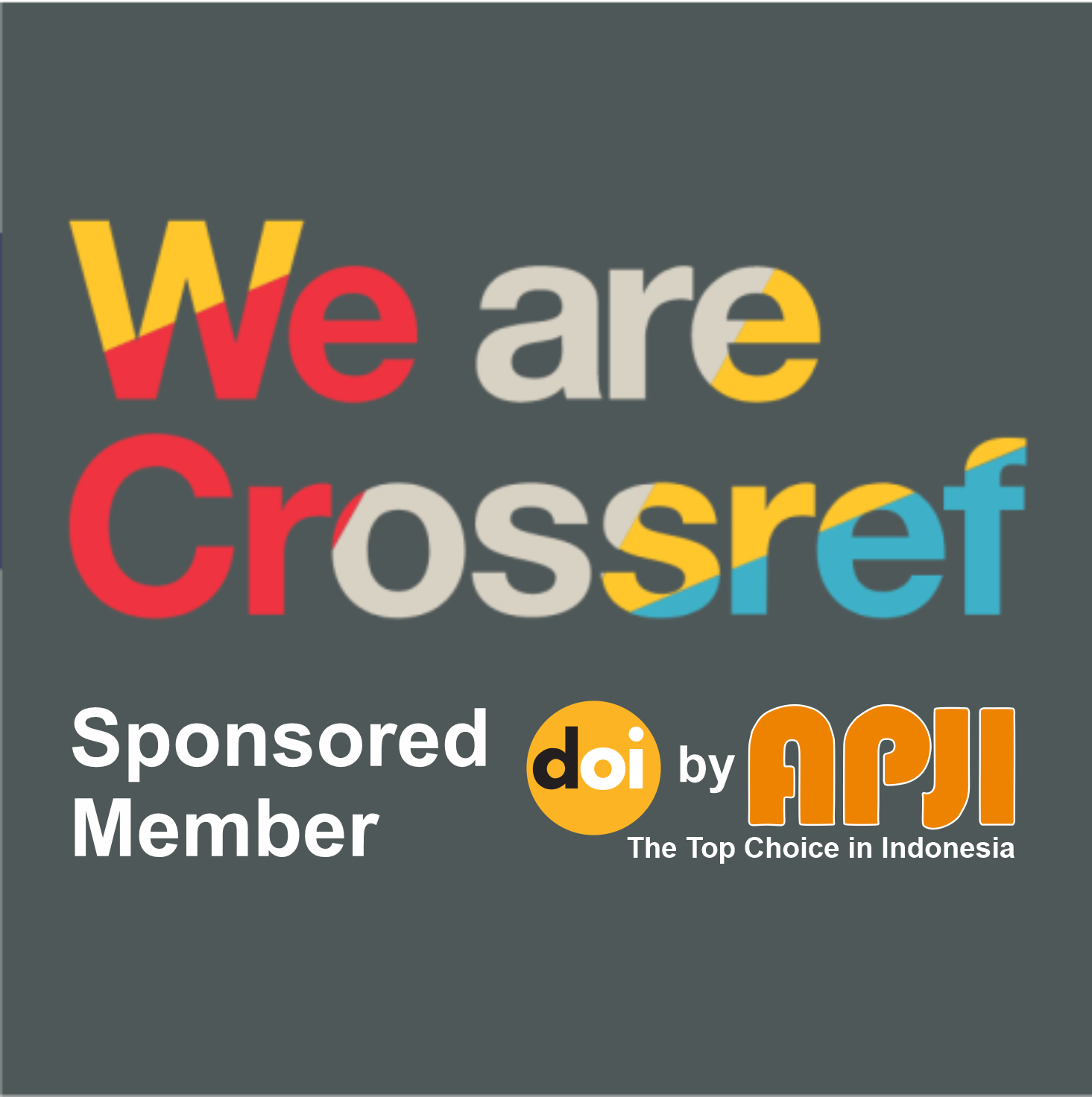A Literature Review of the Psychological Role of Arabic Language Teachers in Implementing Differentiated Learning in the Merdeka Curriculum
Keywords:
Constructivism, Differentiated Learning, Educational Psychology, Humanistic Psychology, Merdeka CurriculumAbstract
The Merdeka Curriculum marks a fundamental paradigm shift in Indonesian education, necessitating a transformation in the teacher's role from that of an instructor to a facilitator of learning. This transition carries profound psychological implications, particularly for Arabic language teachers who face the unique challenge of motivating non-native students. This article, a descriptive qualitative literature review, aims to analyze and synthesize the psychological roles of Arabic language teachers within the context of implementing differentiated learning as mandated by the Merdeka Curriculum. Grounded in the theoretical frameworks of Constructivism (Piaget & Vygotsky) and Humanistic Psychology (Carl Rogers), this study explores how teachers must evolve from mere transmitters of knowledge into architects of a psychologically safe learning environment. The analysis focuses on the psychological competencies required for teachers to facilitate students' knowledge construction, apply scaffolding within the Zone of Proximal Development (ZPD), and foster an empathetic, non-evaluative classroom climate to reduce language anxiety. The novelty of this research lies in its in-depth synthesis of the pedagogical demands of the Merdeka Curriculum with foundational theories of educational psychology, specifically applied to the context of teaching Arabic as a foreign language in Indonesia. The findings from this review indicate that the success of differentiated Arabic language instruction is critically dependent on the psychological readiness of teachers to adopt a new, student-centered identity as a facilitator.
References
Horwitz, E. K., Horwitz, M. B., & Cope, J. (1986). Foreign Language Classroom Anxiety. The Modern Language Journal, 70(2), 125–132. https://doi.org/10.1111/j.1540-4781.1986.tb05256.x
Kemendikbudristek. (2022). Panduan Pembelajaran dan Asesmen Pendidikan Anak Usia Dini, Pendidikan Dasar, dan Menengah. Badan Standar, Kurikulum, dan Asesmen Pendidikan.
Krashen, S. D. (1982). Principles and Practice in Second Language Acquisition. Pergamon Press.
Piaget, J. (1970). Structuralism. Basic Books.
Rogers, C. R. (1969). Freedom to Learn: A View of What Education Might Become. Charles E. Merrill Publishing Company.
Rogers, C., & Freiberg, H. J. (1994). Freedom to Learn (3rd ed.). Merrill.
Schunk, D. H. (2012). Learning Theories: An Educational Perspective (6th ed.). Pearson.
Subban, P. (2006). Differentiated instruction: A research basis. International Education Journal, 7(7), 935–947.
Tomlinson, C. A. (2014). The Differentiated Classroom: Responding to the Needs of All Learners (2nd ed.). ASCD.
Vygotsky, L. S. (1978). Mind in Society: The Development of Higher Psychological Processes. Harvard University Press.
Downloads
Published
Issue
Section
License
Copyright (c) 2025 Mohamad Aris Murtadho (Author)

This work is licensed under a Creative Commons Attribution-ShareAlike 4.0 International License.














